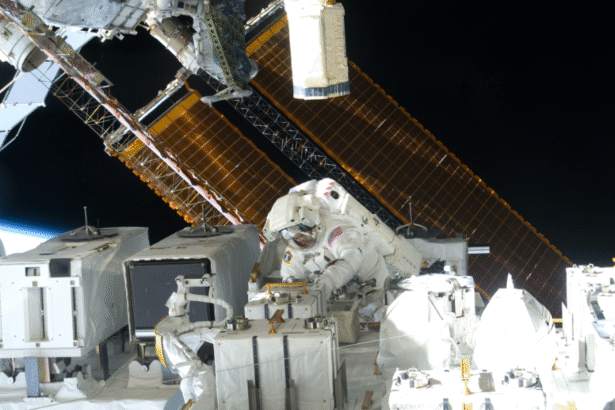
In the past, space travel was limited to trained Astronauts selected by space agencies like NASA or ESA. But nowadays, commercial ventures are opening the skies for civilians. Companies such as SpaceX, Blue Origin, and Virgin Galactic are offering suborbital and orbital trips for civilians. Their goal? To make space travel as routine as international flights.
Both the US and UK space exploration sectors are growing. The United States remains a global leader with frequent missions and Mars ambitions, while the UK is working on spaceports and satellite launch projects.
What It Takes to Go to Space

1. Medical and Physical Fitness
Space affects your body in many ways that are very different from human life on Earth. That’s why medical clearance is the first step. You’ll need:
- A full physical check-up.
- Strong cardiovascular health.
- No serious chronic conditions.
- The ability to handle high pressure and stress.
Even for tourists, some form of health evaluation is required before they can book a seat on a space flight.
2. Mental Preparation

In space, you’re in a confined area, away from family, friends, and Earth itself. That’s a lot to take in, mentally strong. Space programs often include psychological training to prepare people for isolation, zero gravity, and unusual sleep routines.
How to Prepare for Space Travel

If you're serious about space travel, here's how to prepare for going to space travel step by step:
- Take space training courses: These simulate space environments using zero-gravity chambers and pressure suits.
- Understand mission procedures: Learn safety protocols, emergency drills, and how to use spacecraft equipment.
- Start physical training: Join a workout program focused on stamina, balance, and strength.
Whether you're flying with SpaceX or another company, preparation is the key to a safe journey.
Book Space Training Programs
To begin your space journey, you’ll need to book space training from an approved agency. These training sessions help you experience what space feels like before leaving Earth. Most programs include:
- Centrifuge rides to simulate G-forces.
- Zero-gravity flights (also called parabolic flights).
- Spacecraft entry and exit practice.
- Emergency simulations (fire, depressurization, oxygen failure, etc.).
Training centers in the US and UK are expanding to support the demand for civilian missions. If you're planning a trip, booking early is advised.
Find Space Mission Updates
To stay informed, you should regularly find going to space mission updates from reliable platforms. These include:
- NASA.gov: The official website for all NASA space news.
- SpaceX.com: Updates on launches, missions, and ticket availability.
- UK Space Agency: Details on UK-based research, projects, and commercial flights.
Following their blogs and social media pages also helps you track mission dates and space exploration progress.
Space Exploration: US and UK Focus
The role of US and UK space exploration:
United States
- NASA runs the Artemis program to take astronauts back to the Moon.
- SpaceX is designing the Starship for Mars colonization.
- Collaboration with private sectors for satellite, cargo, and crew missions is at an all-time high.
United Kingdom
- The UK aims to launch its own spaceports by 2025.
- Partnerships with ESA and private satellite companies are boosting industry growth.
- Educational campaigns are in motion to increase interest in space travel careers.
What You'll Experience in Space
When you finally go to space, what’s it really like?
1. Microgravity
You’ll experience complete weightlessness. Moving requires gentle motion, and floating becomes normal. This is exciting, but takes getting used to it.
2. Limited Resources
Food comes in packets, hygiene routines are different, and bathrooms are complex. You’ll need to learn how to do everyday tasks all over again.
3. Spectacular Views
Looking down on Earth from orbit is a life-changing moment. Many astronauts say that they develop a stronger connection to the planet and a desire to protect it.
Why People Want to Go to Space
There are several reasons why people are fascinated by the idea of space travel:
- Curiosity: To experience something truly extraordinary.
- Science: To contribute to space-based research.
- Exploration: To be part of humanity’s journey beyond Earth.
- Adventure: To go where very few have gone before.
- Inspiration: To encourage future generations of scientists and explorers.
Final Thoughts
Going to space is becoming more realistic for civilians thanks to technological innovation and companies like SpaceX. Whether you're in the US or the UK, space exploration opportunities are growing rapidly.
To get started, learn what you need to know to go to space, book space training, and keep an eye on reliable resources to find space mission updates. While the path to orbit is challenging, it’s also one of the most exciting adventures humans may take. If you're serious about space, start preparing today. Your journey might begin sooner than you think.








